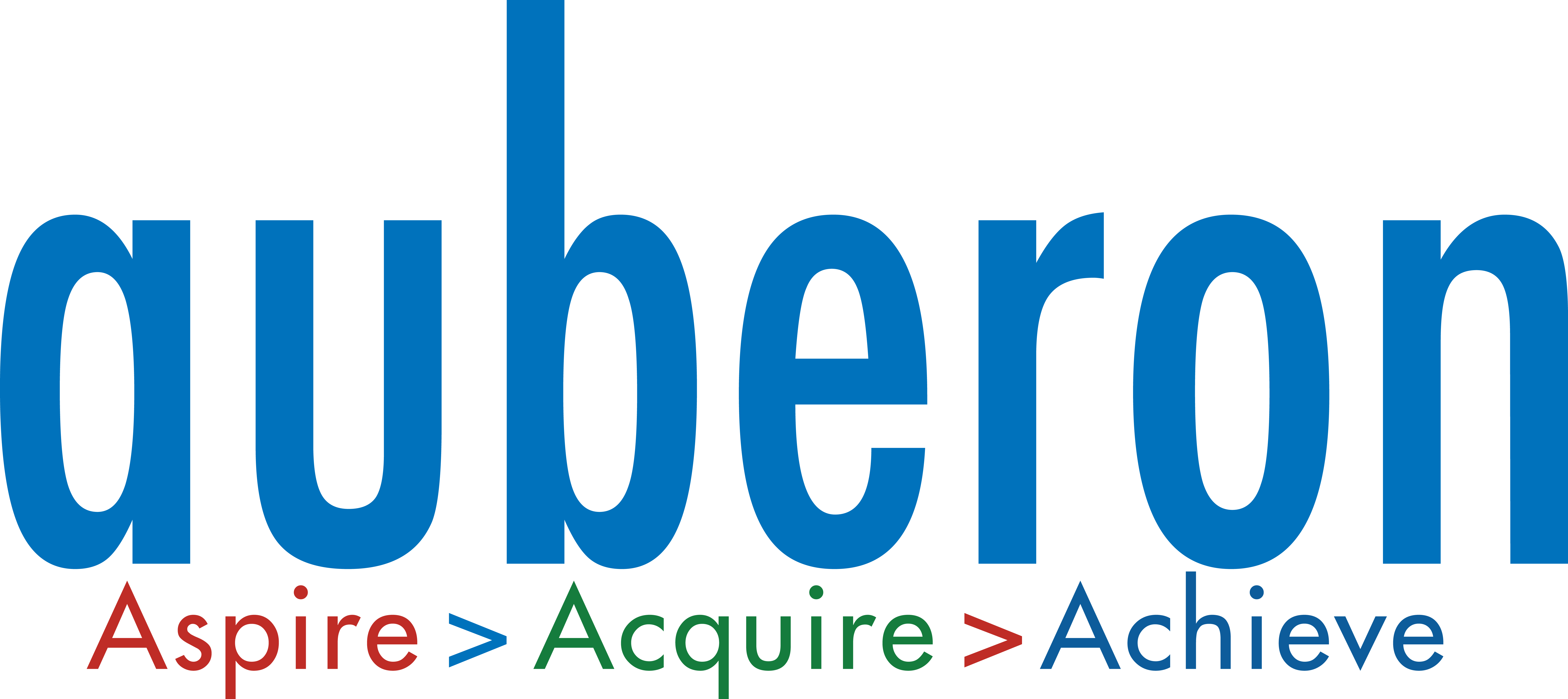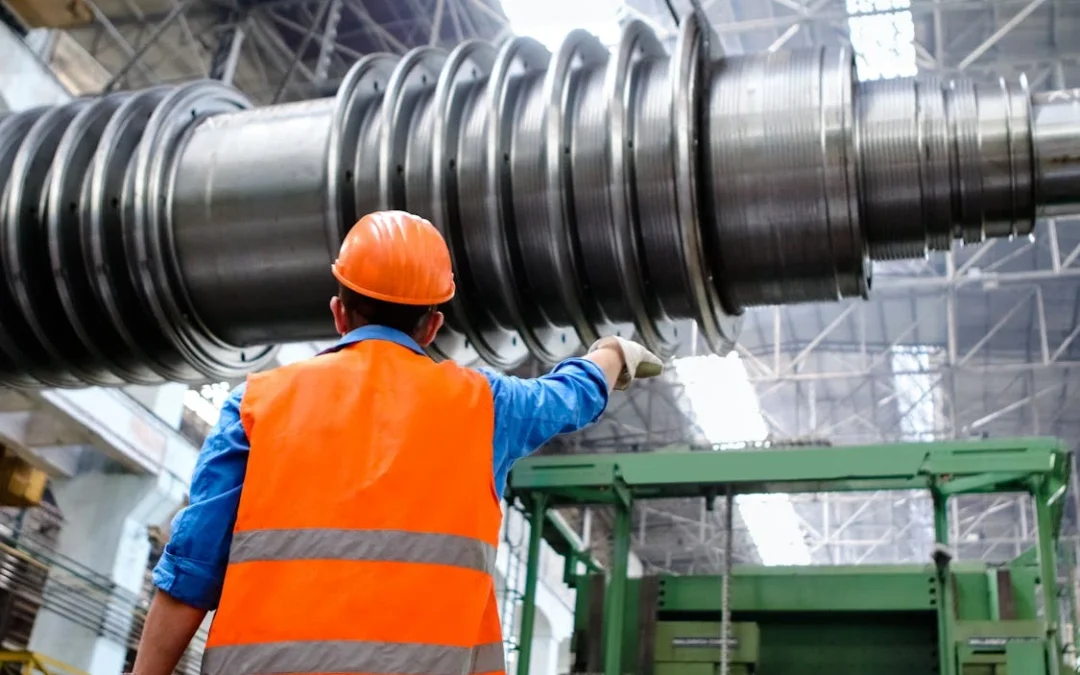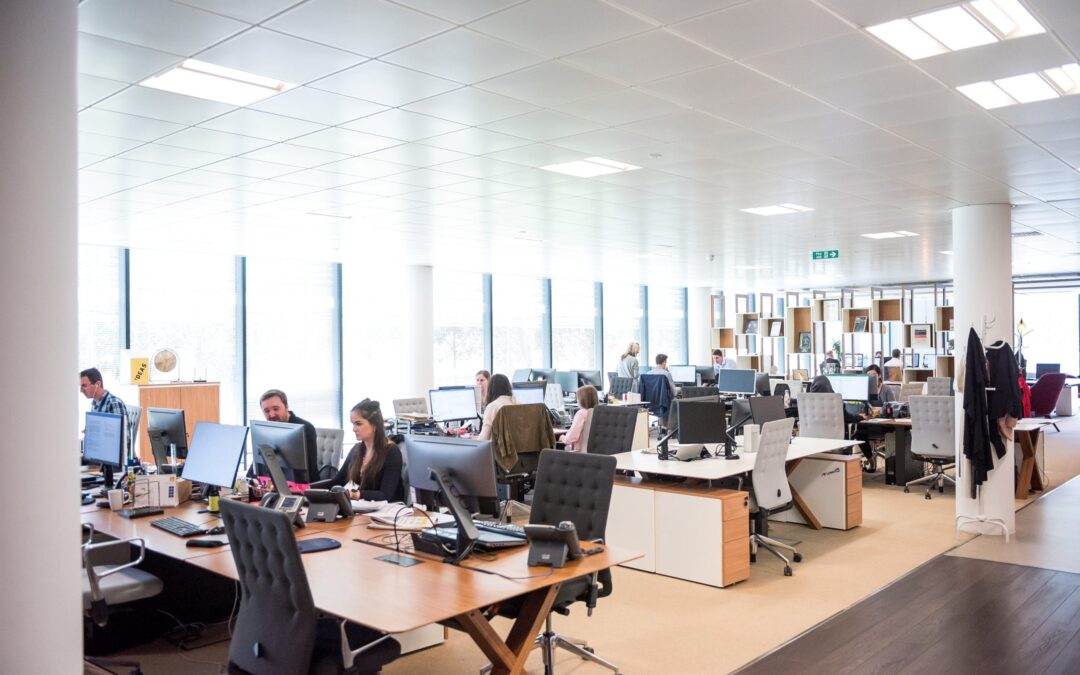The hospitality industry experienced a massive growth from $4,390.59 billion in 2022 to $4,699.57 billion in 2023. This shows an intensifying competition within the hospitality industry, where customer satisfaction and overall operational efficiency are paramount. To stay ahead and offer the guests a premium hospitality experience, hospitality business owners should invest in hospitality management solutions.
One such solution is a CAFM (Computer-Aided Facility Management). It helps streamline hotels, bars, spas, and restaurant operations, enhance guest experiences, and optimize resource utilization. This article discusses how CAFM can maximize profits and boost customer experiences in the hospitality industry.
What is CAFM?
CAFM, or Computer-Aided Facility Management, allows businesses or facility managers to manage assets, tools, and processes. It automates organizational tasks with unparalleled efficiency.
These include space management, maintenance management, asset tracking, and workplace optimization. Businesses using CAFM experience a significant boost in operational efficiency.
Challenges in the Hospitality Industry
The hospitality industry was going through tough times due to COVID-19. Even 75 percent of hotel rooms in the U.S. were unoccupied in April 2020. Although the occupancy rate has increased, the hospitality industry faces various challenges. These include:
- Increased Demand for Sustainability: 81% of people worldwide expect businesses to be eco-conscious in all their advertising and marketing activities. Yes, it’s true! Therefore, positioning themselves as a sustainable option is one of the biggest challenges for the industry.
- Shortage of Assets: There are also challenges in manually tracking and managing assets like linens, kitchen equipment, and furniture. This results in shortages, leading to operational disruption and a compromised customer experience.
Role of CAFM in Hospitality Management
CAFM helps hospitality businesses overcome all hospitality management challenges, ensuring operational efficiency. How? Let’s discuss the role of CAFM in hospitality management in detail:
Asset Management
According to the spokesperson of American Hotel & Lodging Assn, Tia Gordon, hotels bear a loss of over 100 million dollars worth of items every year.
However, in hospitality, CAFM manages various physical assets within a hotel or resort, such as furniture, equipment, facilities, and infrastructure. How? Hospitality managers can catalog all assets in the CAFM database with information like their location, condition, maintenance history, and depreciation schedules.
The CAFM solution keeps track of all assets and ensures managers have the right quantity of things at the right time. For instance, suppose a restaurant faces a shortage of kitchen equipment like refrigerators or cooking appliances during a busy dining service.
The CAFM solution immediately identifies the deficiency and notifies managers. This allows managers to procure the desired items quickly. It also saves you from understocking or overstocking a product or machinery. Thereby safeguarding both the customer experience and budgetary concerns.
Maintenance
Maintenance is very essential for a hospitality business. If hospitality business owners don’t focus on maintaining their assets like bedrooms, washroom equipment, etc., they’ll probably have unsatisfied customers and a tarnished reputation. However, hospitality management and maintenance can be challenging without proper tools and systems in place.
This is where a CAFM (Computer-Aided Facility Management) system proves invaluable. CAFM in hospitality automates the complete scheduling, tracking, and managing maintenance tasks.
Every time an equipment or appliance needs maintenance, the hospitality managers will be notified. This predictive maintenance helps quickly repair or update the assets for enhanced efficiency, offering cost savings of 30% to 40%.
For instance, an Orbitz survey from over 2700 adults revealed that 61% of respondents nub hotel toiletries. Although this pilfering can be a huge loss for hotels, it can tarnish their reputation if those items aren’t replaced promptly.
Regulatory Compliance
Hospitality businesses must also comply with various standards to ensure security and safety. A CAFM solution makes this very easy as it stores all essential regulatory information in its database. These include health and safety regulations, building codes, fire safety protocols, and accessibility standards.
There’s a study highlighting that a hospitality business requires the management to focus on regulatory compliance and safety. The responsibilities include fire and life safety, workers’ compensation, protecting special venues (pools, exercise areas, scheduled events, etc), and keeping the guests safe. Hospitality managers can use the CAFM to access relevant compliance information and track compliance deadlines.
They also leverage this facility management solution to generate reports and demonstrate adherence to regulatory authorities. For instance, if a hotel needs to conduct regular fire safety inspections to comply with local regulations, the CAFM helps. It automates the scheduling of these inspections and provides reminders to ensure timely completion. In addition, if there’s any violation, the CAFM notifies managers for a seamless hospitality management experience.
Energy Efficient
A review of the importance of energy efficiency in hospitality shows that using modern technologies in the rational use of energy is of strategic importance. It helps hotel companies reduce costs, get a competitive edge, and boost overall productivity.
However, positioning yourself as a sustainable option in the hospitality industry can be challenging. CAFM takes the hassle out of this! It has energy management modules, allowing hospitality managers to monitor and analyze energy data comprehensively.
They can use it to keep track of energy usage patterns and identify areas of energy inefficiency. This offers opportunities for improvement and implementation of targeted energy-saving measures. Hence, the business can save money on energy bills and promote sustainability, attracting eco-conscious consumers.
Case Studies of CAFM in Hospitality Management
The X restaurant is a top name in the hospitality world. The X struggled to manage and maintain its assets, ranging from kitchen equipment to guest room beds. This was impacting their customer service and decreasing their overall revenue.
To solve this issue, they contacted Auberon Technology. We provided them with an exceptional CAFM solution that caters to all their needs. The Auberon Technology CAFM helped them plan their asset purchases and management. In addition, the solution also notified the X managers every time equipment needs maintenance.
This proactive approach facilitated swift resolution of maintenance issues, minimizing downtime and ensuring seamless operations. Customer service quality was also enhanced, increasing guest satisfaction and loyalty. Hence, the restaurant saw a rise in revenue and positioned itself as a top-notch brand in this competitive industry.
Conclusion
CAFM helps hospitality managers manage the various aspects of a hospitality business, including equipment maintenance, asset planning and management, regulatory compliance, and energy efficiency. Using a CAFM helps you provide a premium customer experience, increasing satisfaction.
If you are looking for the best CAFM solution for your business, Auberon Technology is here to help. We offer high-quality CAFM systems with powerful features that automate the maximum number of tasks for your business. So, get in touch with us today and enjoy affordable yet high-quality CAFM solutions!
Citation
EHL Insights. (2024, January 12). Hospitality Industry statistics to have on your radar 2024. Hospitality News & Business Insights by EHL. https://hospitalityinsights.ehl.edu/hospitality-industry-statistics?hs_amp=true
Reis, M. (2023, June 12). Hospitality’s Major Comeback. MatthewsTM. https://www.matthews.com/thought-leadership-hospitalitys-major-comeback/
M, Y. (2023, August 10). 38 Eco-Friendly Consumers Statistics & Trends [2023 Update]. BusinessDIT. https://www.businessdit.com/environmentally-conscious-consumers-statistics/
Gilden, J. (2019, March 4). Souvenirs, you say? Hotels might call them stolen goods – Los Angeles Times. Los Angeles Times. https://www.latimes.com/archives/la-xpm-2004-jul-04-tr-insider4-story.html
Fastiggi, W. (2023, September 10). Creating predictive maintenance models for building systems – technology for learners. Technology for Learners. https://technologyforlearners.com/creating-predictive-maintenance-models-for-building-systems/
Barbarow, B., Button, B., Feeney, F., & Howarth, B. (2003, June). Hospitality Safety: Results Beyond Compliance. In ASSE Professional Development Conference and Exposition (pp. ASSE-03). ASSE.
Barjaktarović, D., Barjaktarović, L., & Pindžo, R. (2017). Review on the importance of energy efficiency in hospitality. Turističko poslovanje, (19), 37-43.










